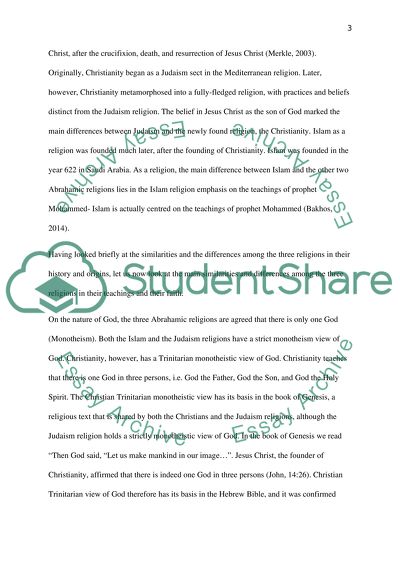Cite this document
(“Abrahamic Religions : Christianity, Judaism & Islam - Similarities, Essay”, n.d.)
Retrieved from https://studentshare.org/religion-and-theology/1644076-abrahamic-religions-christianity-judaism-islam-similarities-differences-where-is-the-mind-of-god
Retrieved from https://studentshare.org/religion-and-theology/1644076-abrahamic-religions-christianity-judaism-islam-similarities-differences-where-is-the-mind-of-god
(Abrahamic Religions : Christianity, Judaism & Islam - Similarities, Essay)
https://studentshare.org/religion-and-theology/1644076-abrahamic-religions-christianity-judaism-islam-similarities-differences-where-is-the-mind-of-god.
https://studentshare.org/religion-and-theology/1644076-abrahamic-religions-christianity-judaism-islam-similarities-differences-where-is-the-mind-of-god.
“Abrahamic Religions : Christianity, Judaism & Islam - Similarities, Essay”, n.d. https://studentshare.org/religion-and-theology/1644076-abrahamic-religions-christianity-judaism-islam-similarities-differences-where-is-the-mind-of-god.


